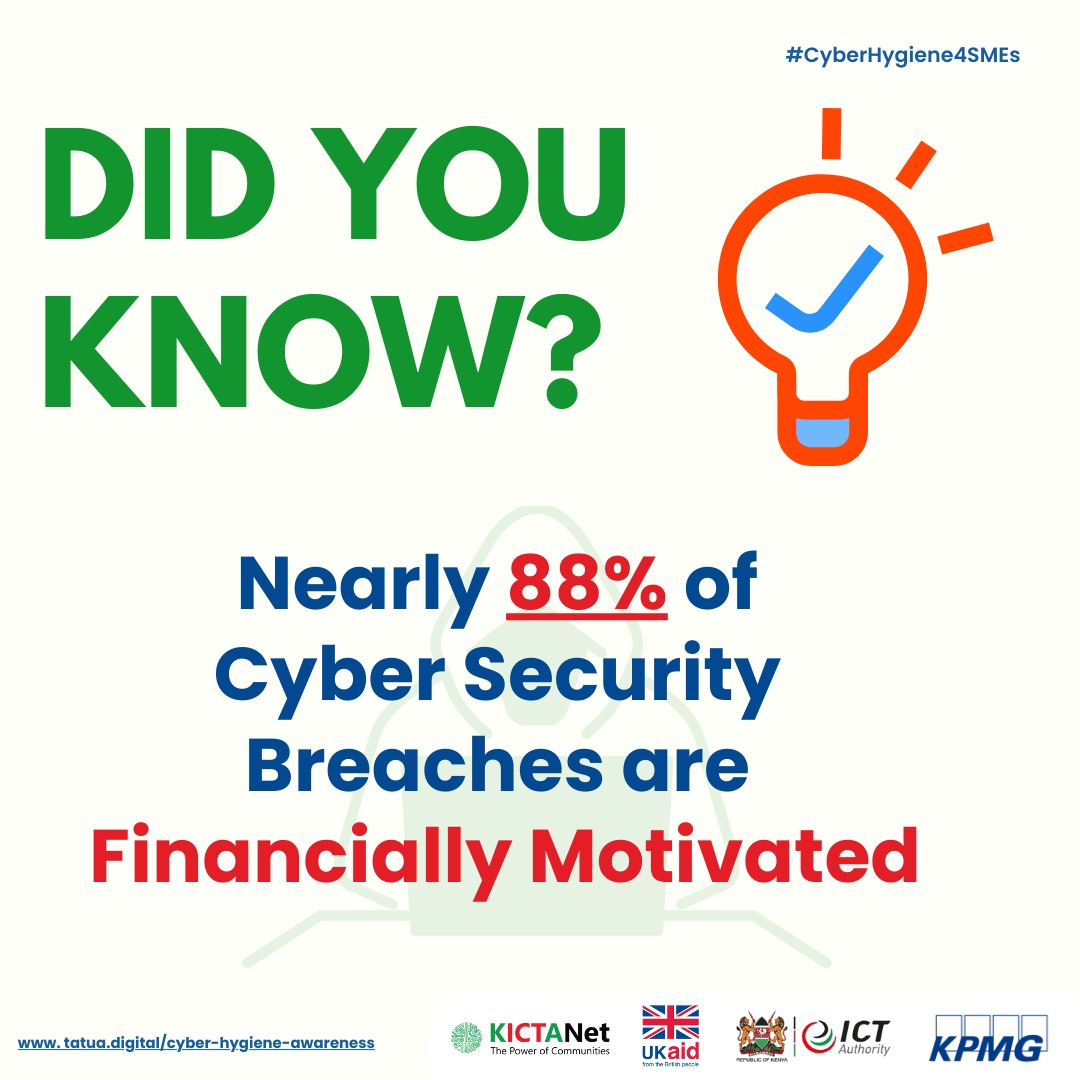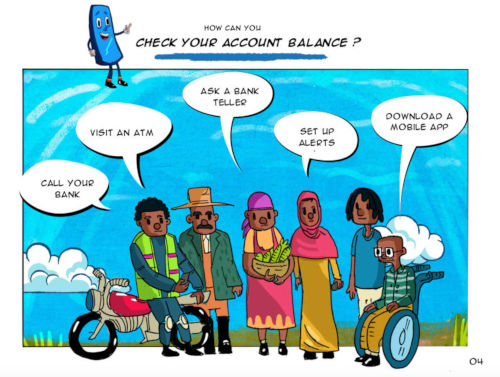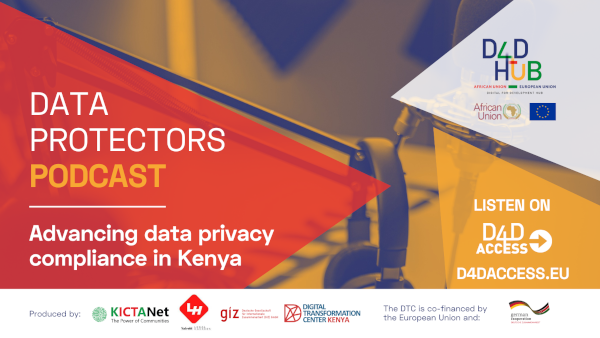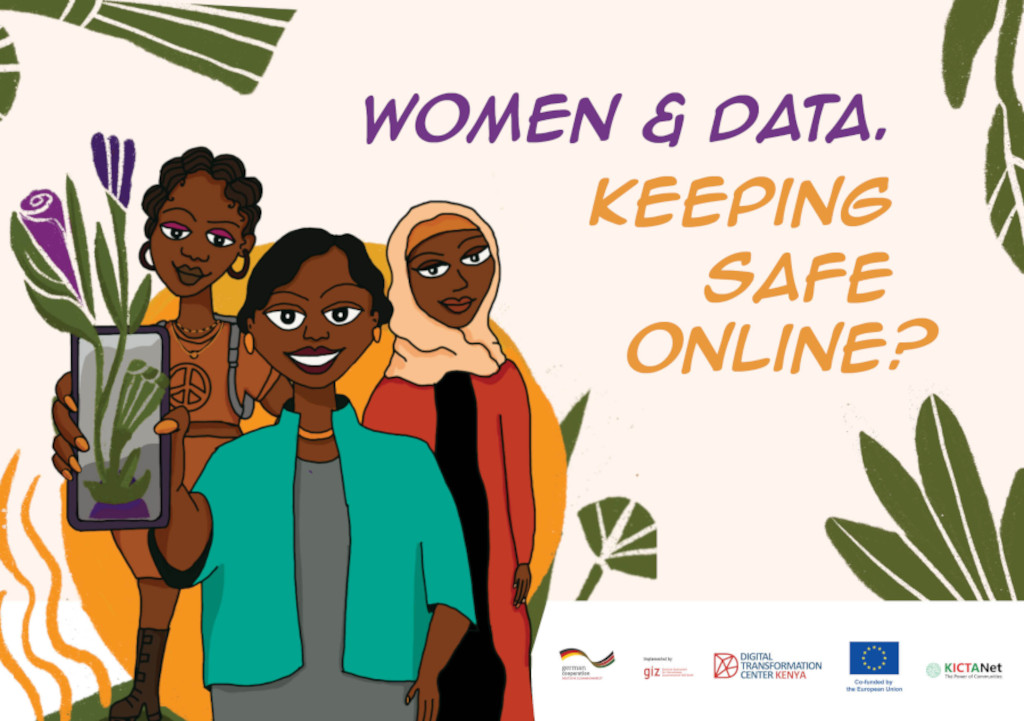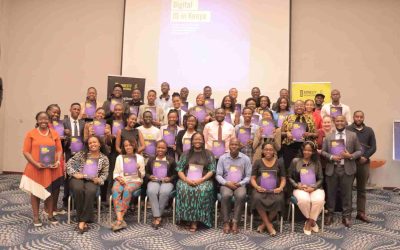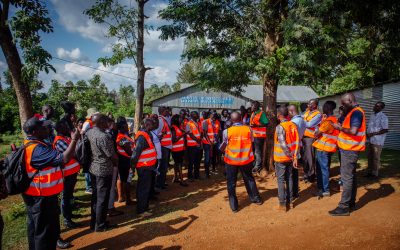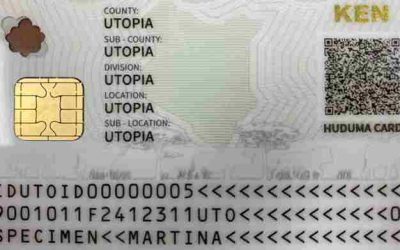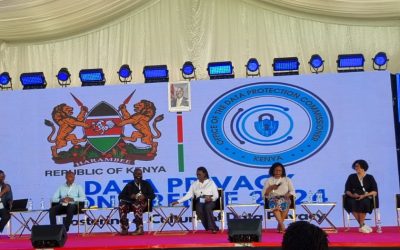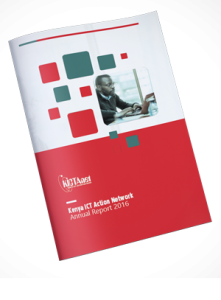KICTANET POST : Latest news, events & opportunities
Kenya’s Digital ID: Balancing Progress with Privacy Concerns
Kenya’s new digital ID system, Maisha Namba, aims to modernize services but raises data protection and inclusivity concerns. Experts urge prioritizing privacy, inclusivity, and data protection principles in its implementation.
![]()
Highlights from Community Networks Summit: Part 1
Stakeholders from across sectors gathered at the inaugural National Summit of Community Networks in Kenya to explore how community networks can help realize Kenya's digital aspirations. KICTANet Trustee, Barrack Otieno, reminded attendees that, with only 23% internet...
Crafting Kenya’s Artificial Intelligence Destiny: A Roadmap to Responsible AI Innovation
Artificial Intelligence in Kenya Policy Brief. In Kenya's ambitious journey towards technological advancement, the integration of artificial intelligence (AI) emerges as both a beacon of promise and a terrain fraught with challenges. As we stand at the intersection of...
The Private Security Regulation Act: Balancing Security and Privacy
The Private Security Regulation Act (PSRA), enacted in 2016, has been thrust into the limelight due to spontaneous public discourse during crises.
![]()
#KeepItOn in times of war: Sudan’s communications shutdown must be reversed urgently
We, the undersigned organizations and members of the #KeepItOn coalition — a global network of over 300 human rights organizations from 105 countries working to end internet shutdowns — urge the warring parties in Sudan to immediately end the disruption of internet...
KICTANet Champions Strategic ICT Investments in Kenya’s 2024/25 Budget
By Linda Gichohi KICTANet participated in the Institute of Economic Affairs' Open Pre-Budget Hearing on 30th January 2024 to advocate for strategic ICT sector investments in Kenya's budget for the fiscal year 2024/25. The panellists present included Linda Gichohi from...
Kenyan Security Measures Eroding Civic Space, New Research Finds
Kenyan researchers have unveiled a damning reports exposing the detrimental impact of the government's national security and counterterrorism measures on the country's civic space. The multi-part research, conducted by ARTICLE 19 Eastern Africa, Kenya ICT Action...
Kenya’s Digital ID Stalled: Learning from Past Mistakes or Repeating Them?
Despite its potential, Kenya’s digital ID project, Maisha Namba, faces legal challenges echoing past failures. Can the government address privacy concerns, discrimination risks, and data protection issues to build trust and create an inclusive system?
![]()
KICTANet Celebrates Data Privacy Day 2024: Take Control of Your Data
As we mark Data Privacy Day 2024 commemorated annually on 28 January, we call upon everyone to embrace the theme ‘Take Control of Your Data’. Today presents us with a unique opportunity to embark on a journey to take back our power and assert our authority over our...
KICTANet is a multi-stakeholder Think Tank for ICT policy and regulation. The Think Tank is a catalyst for reform in the Information and Communication Technology sector. Its work is guided by four pillars of Policy Advocacy, Capacity Building, Research, and Stakeholder Engagement.
KICTANet’s mission is to promote an enabling environment in the ICT sector that is robust, open, accessible, and rights-based through multistakeholder approaches.
During the 2022 – 2024 strategic period, KICTANet has prioritised the promotion of effective multistakeholder participation; an enabling legal, policy and regulatory environment; building capacities and empowered communities; and institutional strengthening. KICTANet’s guiding philosophy encourages synergies in ICT policy-related activities and initiatives. As such, the network provides mechanisms and a framework for continuing cooperation, engagement and collaboration in ICT matters among industry, technical community, academia, media, development partners, civil society and government.
_____
Strategic Priority.
- Convening power. To strengthen and promote engagement, collaboration and relationships with relevant stakeholders (state, business and non-state actors).
- Promoting an enabling environment. To catalyse policy, legislative and regulatory reforms in the ICT sector.
- Building capacities and empowered communities. To build the capacity of the stakeholders across government, business society and civil society and the citizens.
- Institutional strengthening.
The report outlines the work undertaken in between 2007 and 2016 which is underpinned by crowd sourcing and community engagement
Click here to download the report
FACTS AND FIGURES
Achievement of the Network over the Years
Publications
Thought Leadership Forums
Persons trained
Policy Interventions
Conversations in KICTANET listserv
Active listers contributing often
Different conversation threads
Impressions on ICT policy discussions
Our Pillars
KICTANet’s organisational strategy:
Policy Advocacy
Capacity building
Research
Stakeholder engagement
We facilitate stakeholder engagement through collaborative initiatives in face-to-face Town Hall meetings, and in the KICTANet?s interactive mailing list where multiple stakeholders engage regularly on ICT policy issues.


